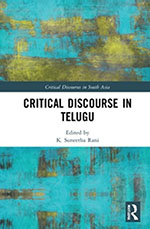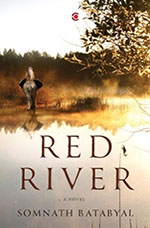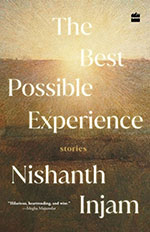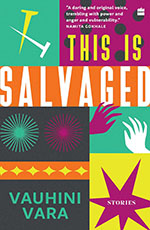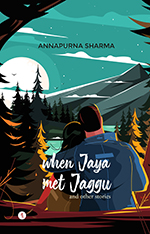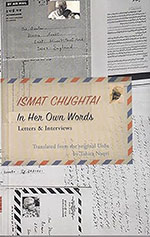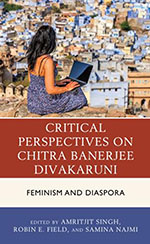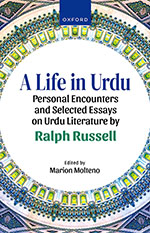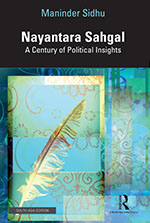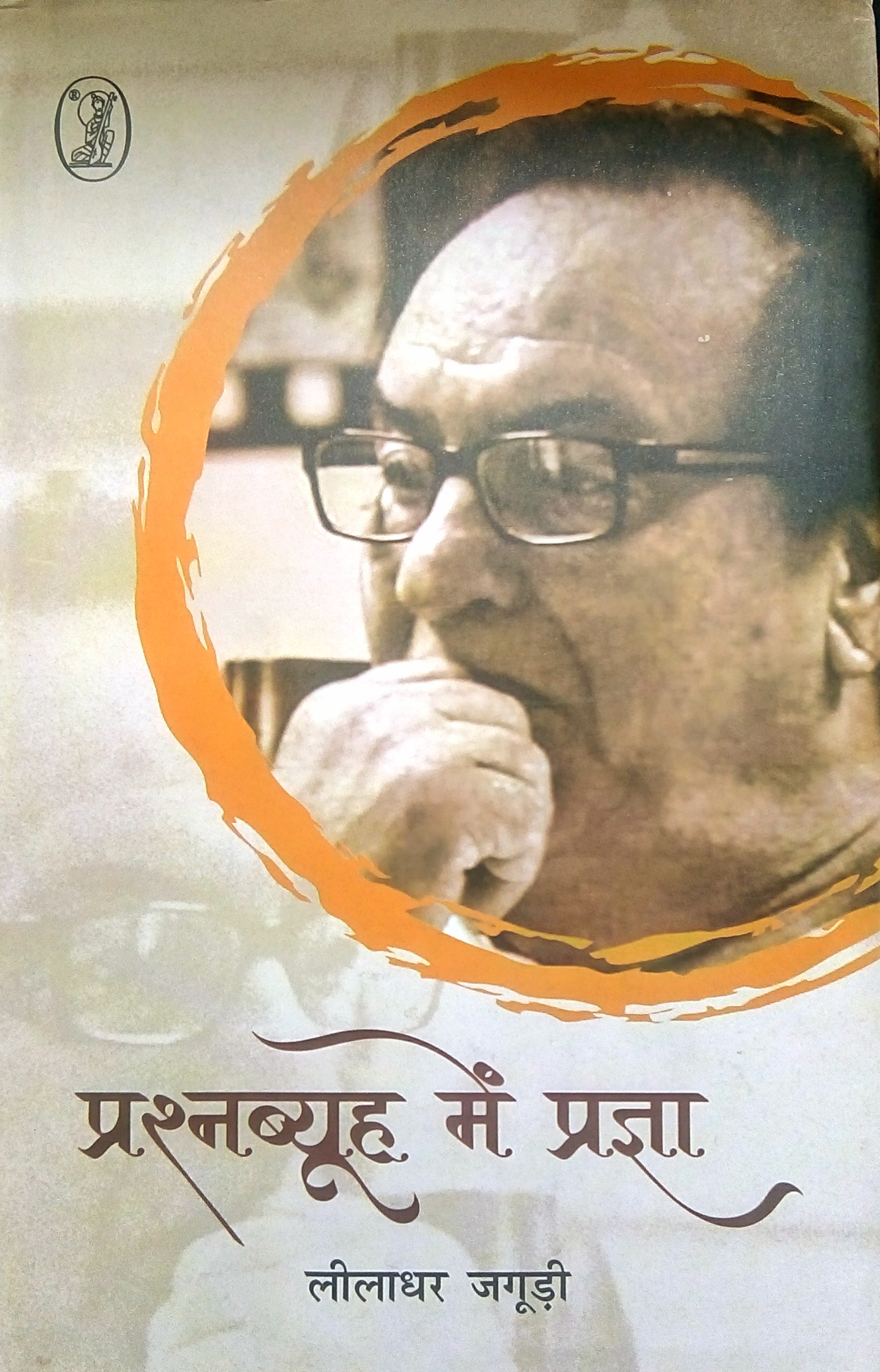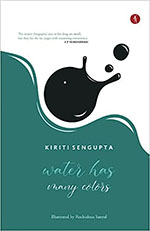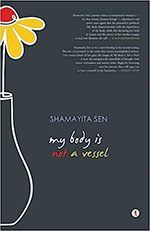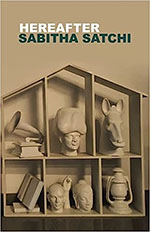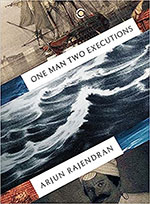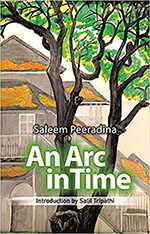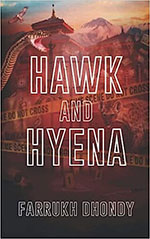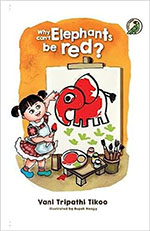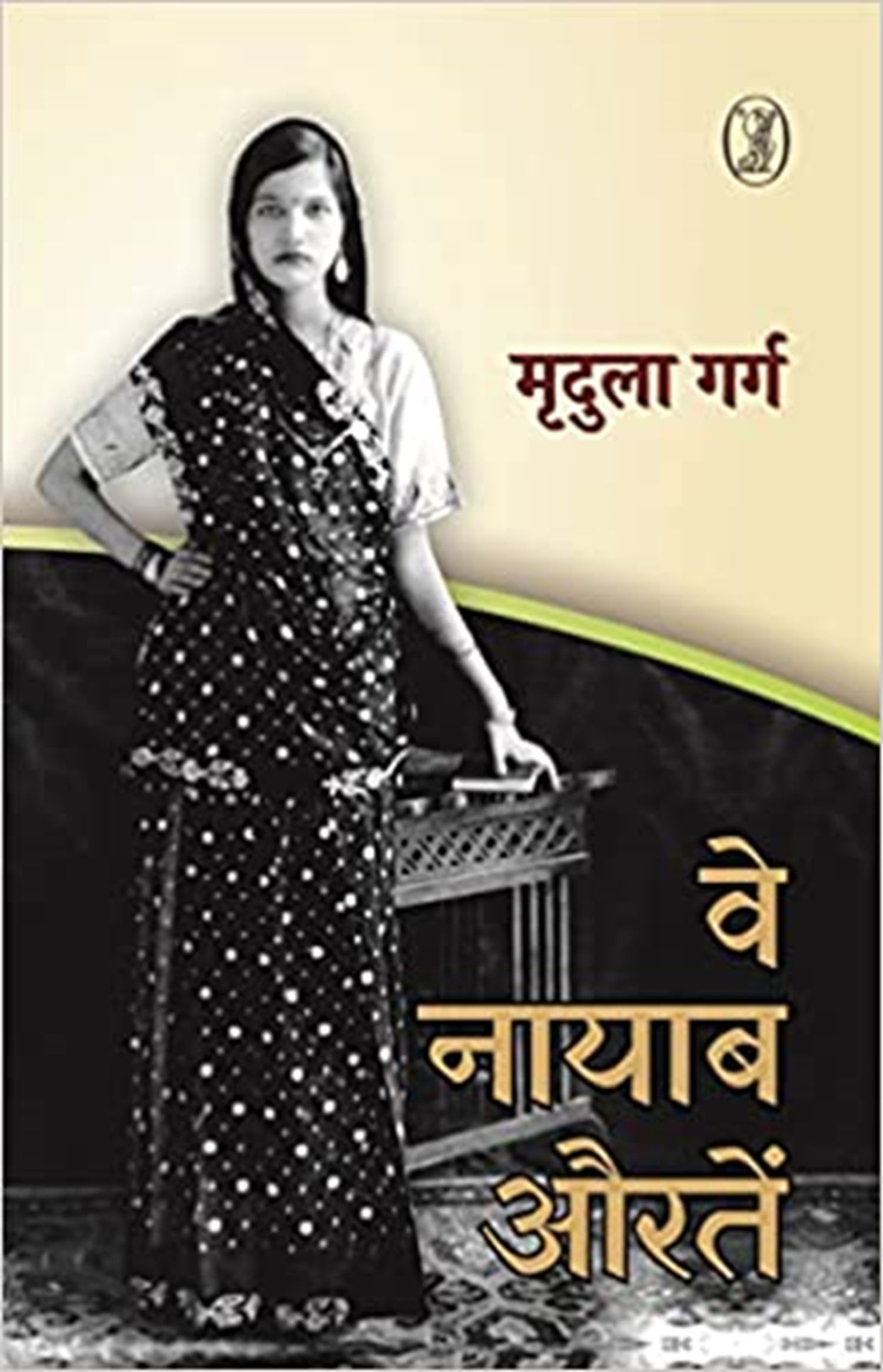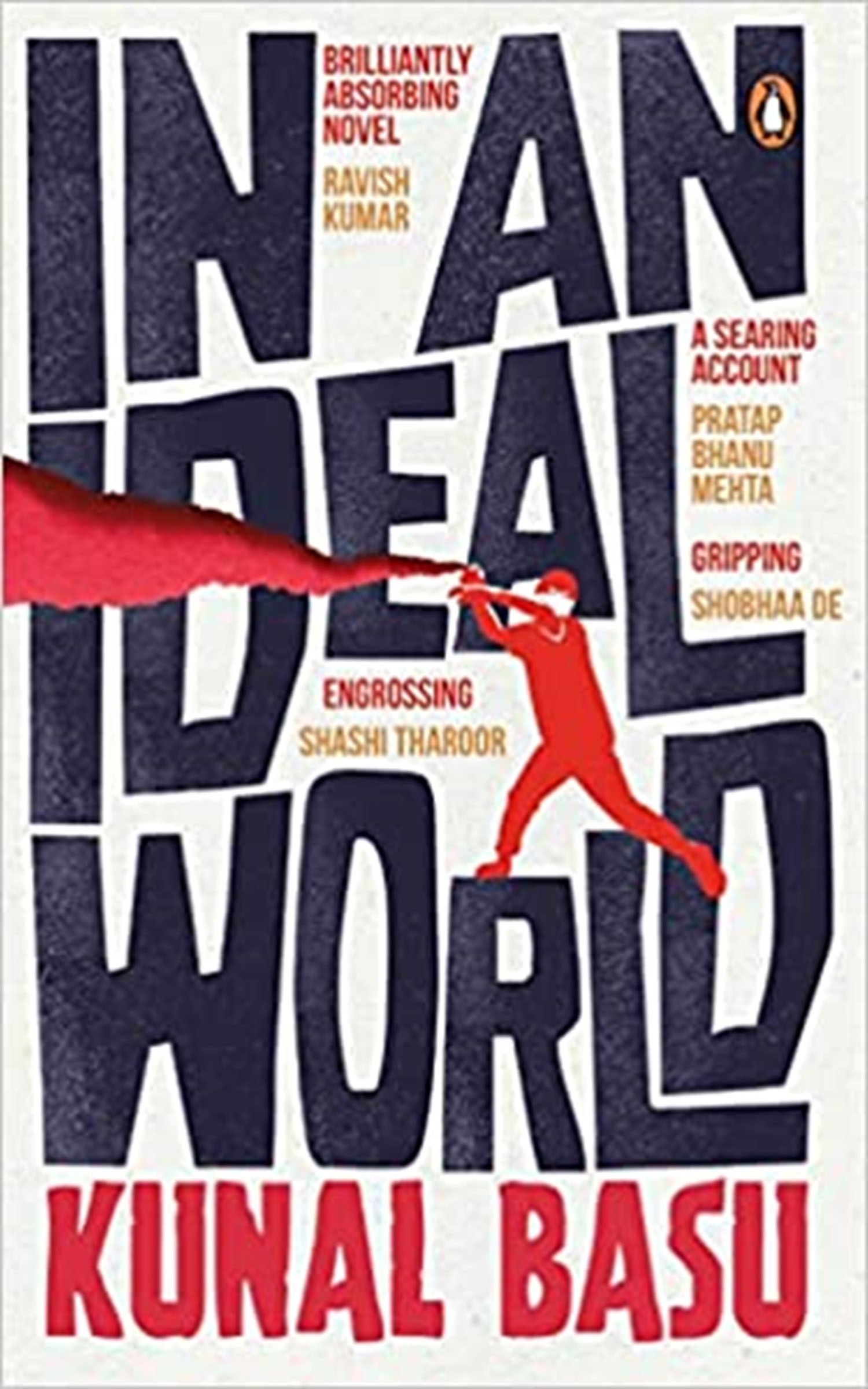Literature
Given the power asymmetry between English and Indian languages, a fair and equitable dialogue between them is difficult to imagine. On the rare occasions when Indian language books are discussed in an English context, they are treated as free-floating objects devoid of cultural and critical milieus of their own and are used merely as fodder for the western critical canon.
2024
It is in Guwahati that Samar meets two of his closest friends—Rizu Kalita and Rana Singh Choudhury. Through this adolescent friendship the story moves forward. Samar’s friends carry their own baggage. Rizu was admitted to St. Joseph because his father, the much-loved Madhob Kalita did not want to lose both his sons to a revolution whose cause he was not sure of.
In ‘Summers of Waiting’, Sita visits her ailing Tatha, her grandfather, who has raised her. Even before she arrives, she understands she must leave: ‘Twelve days was all she had.
But there is a third level which, as the book shows, comes via writing stories about people, mostly women—men too—who have experienced loss and grief. Thus, we have the canvas of the ten searing stories in this book filled with sisters grieving for sisters/brothers, mothers grieving for daughters/sons, and wives grieving for their partners.
Described as stories of love in the blurb of the book, When Jaya Met Jaggu and Other Stories explores various facets of love from romantic, platonic, familial, to even eternal love. The strength and weakness of a short story are both in the aspect of brevity—the currency of words
Like the Draupadi and Sita that she created in her memorable novels, Chitra Banerjee Divakaruni emerges in this book as a strong and questioning woman who turns received knowledge on its head. A compendium of academic essays on her works captures the genres of novel
He uses examples to illustrate how the ‘limitations’ of Urdu poetry described in those histories did not give any sense of the literary or cultural histories of these forms.
While raising her concerns over calculated cultural coercion and divisive politics, Maninder Sidhu presents Sahgal as a crusader whose literary writings caution against the thinly disguised hegemonic practices to dismantle the social-cultural fabric of India.
The ingredients of poetic sensibility compel a writer to see a little more than others can see and dig a little deeper than usual sense-perception may allow. Leeladhar Jagudi’s work and wisdom highlights this tender balance between living and writing. In this anthology of interviews Prashnavyuh Mein Pragnya, Jaguri talks of poems, poets and the translation of an observation into a creative composition.
As a monk, tired of seeking the divine elsewhere, looks within and finds his way back, Sengupta follows a trail of breadcrumbs strewn in his path to move back to his cloister. If we see through the black humour in these poems, we will know the poet is weary in his critical gaze and all he needs is rest. But resting is possible only in the midst of nature, or specifically, in the tenderness of Bengal’s mud and grass.
Sen does a wonderful job at simultaneously being a feminist and a humanist. Her poems offer as much of an immersive experience into what it means to be a woman as they tap into the sorrows and longings common to all. My Body is Not a Vessel both provokes and consoles, and takes us out of ourselves while doing it.
2021
Sabitha Satchi’s debut poetry collection Hereafter surpasses all expectations from a first book. Hereafter is the work of a seasoned pen, with well-chiseled poems, backed with profundity of thought. The artwork in the book including the cover image is by the Kerala film maker and artist KM Madhusudhanan. Selections from Madhusudhanan’s ‘Oedipus Series’ separate the different sections in this poetry collection.
If you’re also caught up in the tug-of-war between the history of Mughals in India and of that of the Rajput kings stirred by current politics, Rajendran’s poetry of the French colonial past in Pondicherry will come as a great relief! The poetry collection which starts with over 30 poems stretched across a decade in Pondicherry, offers an insight into the lives of natives and colonials, couched in multilingual verses with heaps of historical references.
2022
Rarely does one come across a book that stirs up one’s curiosity and inspires one to explore the author’s entire corpus. An Arc in Time (2022) is Saleem Peeradina’s most recent and compelling gift to the literary world. Blessed with a multi-faceted personality, Peeradina dons many hats: writer, journalist, editor, painter, ethnographer, critic, and professor.
2022
Hawk and Hyena is a short memoir of Charles Sobhraj, the infamous serial killer, written by Farrukh Dhondy. Farrukh Dhondy is not an unfamiliar name in the literary, journalistic, television and film industries and he is known for his writings across several genres including biographies, children’s literature, novels, screenplays and more.
2023
Dark Rainbow, a debut novel by a young author, Naina Gupta, an Indian native who currently lives in Dubai, is a fantasy grounded in reality, loaded with humour and sarcasm. It delves into the psyche of the protagonist Ernaline Volkov, 16, as she wanders around the locales of New York city trying to unearth secrets about her mother, Dalia Volkov.
Here’s a question for you to mull over—why can’t elephants be red? Why not, indeed! Everything is possible in the multi-coloured fantasy world of a child.
Ve Nayab Auratein is remarkable in its expansive scope and commitment. As the title suggests, this memoir is an honest, frank and committed portrayal of ‘nayab’/inimitable women and men who have enriched Garg’s life and career as a writer. She often uses the word äfsana to describe this work, highlighting how literary imagination is deeply entwined with civic imagination. ‘I am a writer after all, and thus driven to enmeshing the real and the imaginary to create new worlds’ (Preface)
To finish reading a near 200-page novel in half a day is possible either because it’s been a gripping page-turner that the reader excitedly raced through, or else because it offered little for her to pause, think, to uncomplicate. Kunal Basu’s In an Ideal World is disappointingly the latter.

